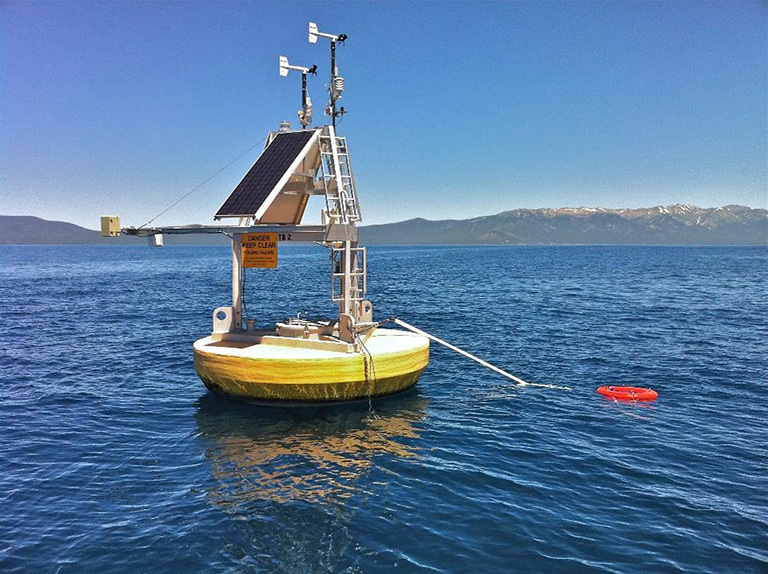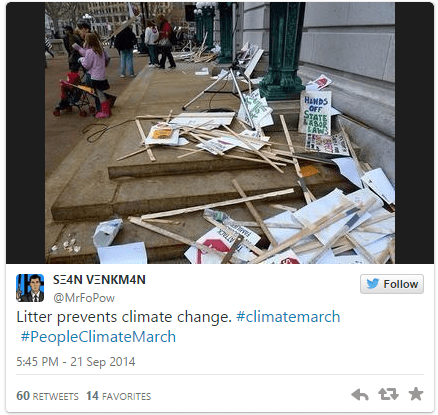People flying in from all over the world to attend. Haven't the Gorebal Warmers ever heard of Skype? Don't they know there's a planet that needs saving?
When the ones screaming it's a crisis start acting like its a crisis themselves then I will start to listen.
When the ones screaming it's a crisis start acting like its a crisis themselves then I will start to listen.









